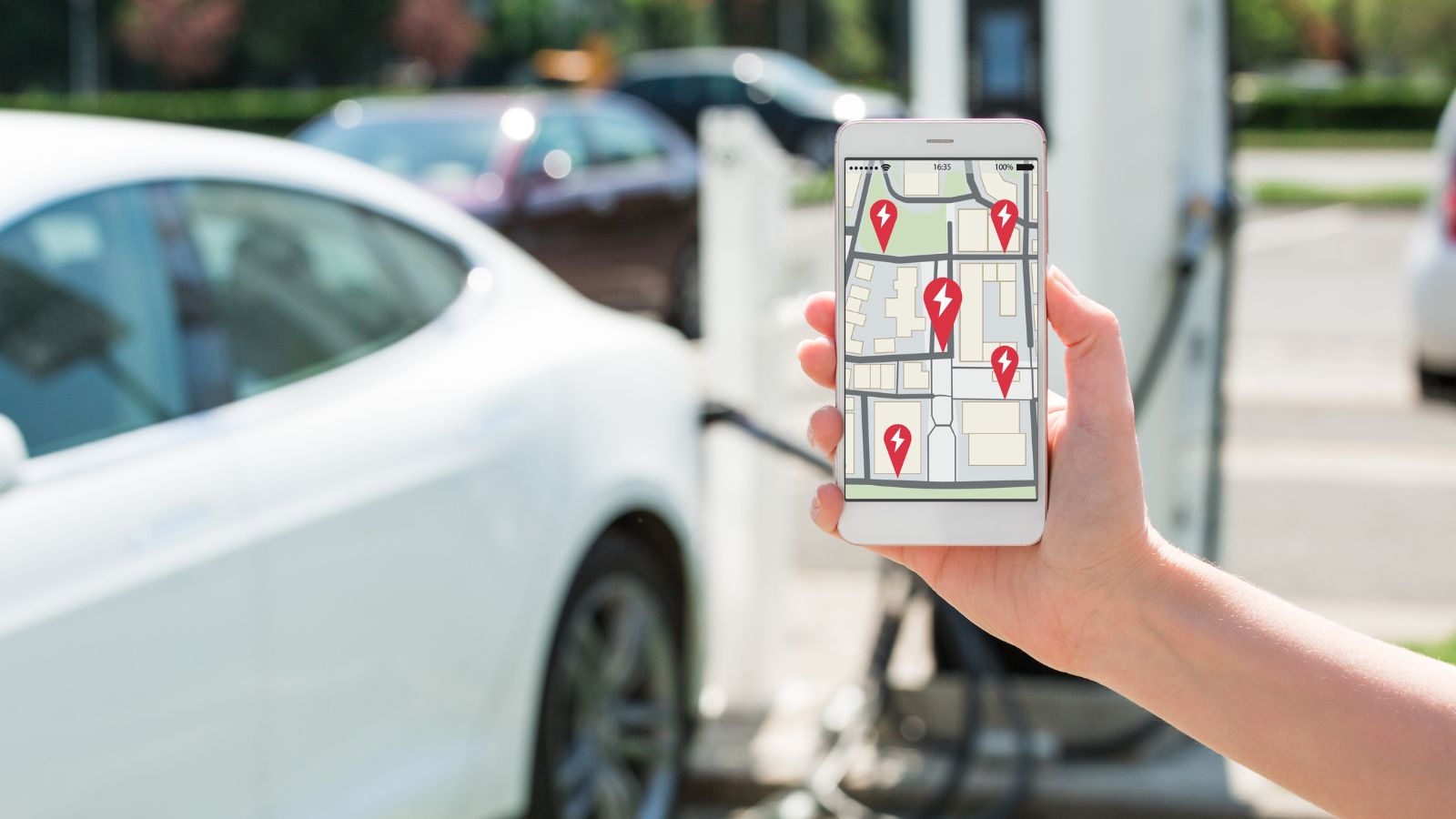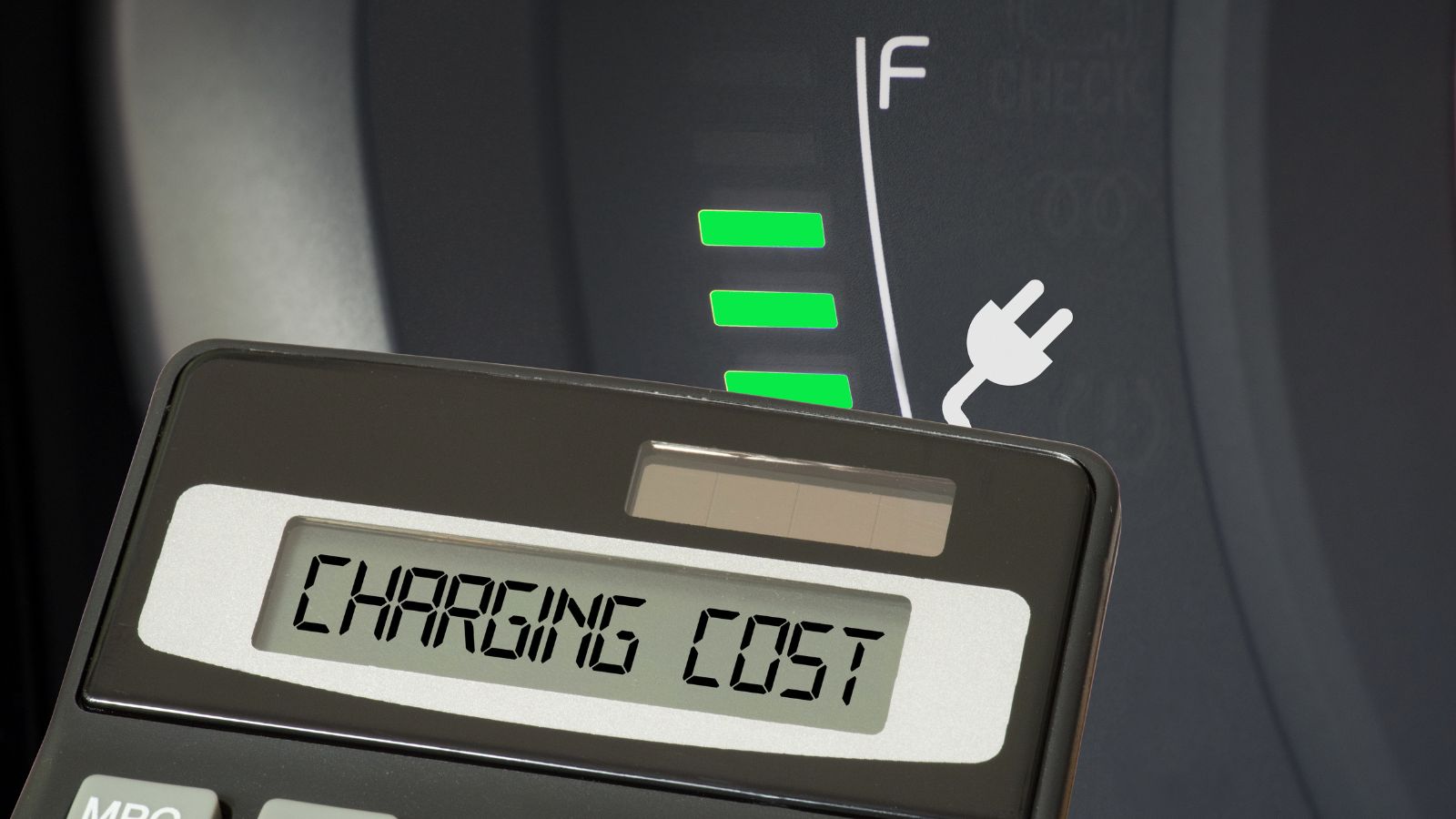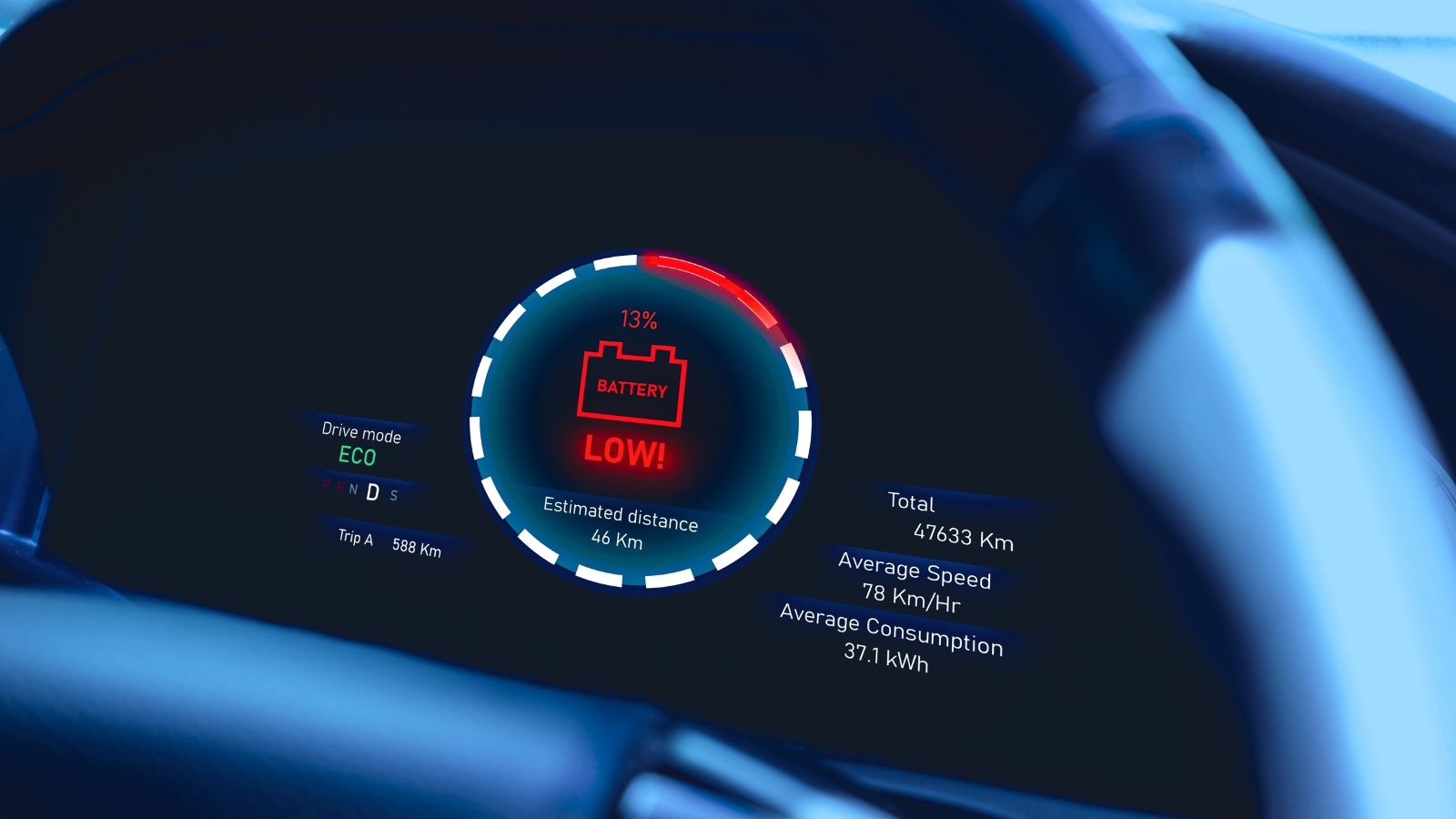Electric vehicles (EVs) promise a cleaner and greener future, but some owners who made the switch to electric have gone back to gas. Despite the many advantages of EVs, there are practical challenges that can make traditional vehicles more appealing. From range anxiety to infrastructure hurdles, these issues can turn even the most eco-conscious driver into a gas station regular.
Has the EV honeymoon ended? Here are some compelling reasons why gas-powered cars still hold their ground in today’s market.
Range Anxiety

Even with advancements in battery technology, the fear of running out of charge on a long trip leaves some drivers uneasy. EVs have come a long way, but range anxiety remains a dealbreaker for many. Gas cars, with their extensive range and quick refueling times, eliminate this stress.
Charging Infrastructure Gaps

While EV charging stations are increasing, they’re still far from as ubiquitous as gas stations. Rural areas, in particular, often lack adequate charging options, leaving EV drivers stranded or forced to plan around limited infrastructure. Gas stations, on the other hand, are readily available, making road trips and everyday driving more convenient.
Limited Model Variety

Drivers with specific needs, like off-road capability or high-performance features, often struggle to find an EV that fits their preferences. Gas-powered cars, with decades of development, offer more tailored choices for every lifestyle. For many, this lack of options in the EV market is a dealbreaker.
Long Charging Times

Recharging an EV can take hours, even with a fast charger – unlike topping up a gas tank, which takes minutes. For busy drivers on the go, these long waits are a frustrating inconvenience. It’s hard to beat the instant refueling of gas-powered vehicles in a hectic world where every minute counts.
There’s A High Initial Costs

The upfront costs of EVs can be significantly higher than traditional gas cars. Although EVs promise long-term savings on fuel and maintenance, many drivers can’t justify the initial expense, when budget-friendly gas-powered options are readily available. For those watching their wallets, sticking with gas often makes more financial sense.
Concerns Over Battery Longevity

The uncertainty around battery life has made some owners reconsider their choice. EV batteries degrade over time, and replacing them is a costly undertaking. Gas engines, while not immune to wear and tear, don’t face the same steep replacement costs, offering a sense of long-term dependability.
Limited Towing Capacity

EVs can disappoint drivers who regularly haul trailers, boats, or heavy loads. Their weight and battery limitations make towing less efficient compared to gas-powered trucks and SUVs. For adventurers and workers who rely on towing, gas vehicles remain the better option.
Cold Weather Challenges

EV performance can drop noticeably in cold climates, with batteries losing efficiency in freezing temperatures. This translates to shorter ranges and slower charging times, leaving drivers stranded or frustrated during winter months. Gas-powered cars, on the other hand, start reliably and maintain their range regardless of the weather.
Lack of Resale Value

The fast pace of technological advancements can make a three- or four-year-old EV feel outdated compared to its newer counterparts. This trend impacts resale value, making it harder for owners to recoup their initial investment. Gas-powered cars, particularly those from reliable brands, tend to hold their value better over time.
Fear of Power Outages

Some areas are prone to power outages – bad news for owners of EVs, which rely entirely on electricity. This dependence can leave owners stranded with no way to charge their vehicles. On the other hand, gas stations often remain operational even during outages, ensuring drivers can refuel and stay mobile when it matters most.
Engine Sound

The quiet hum of an EV appeals to some, but to enthusiasts, it doesn’t provide the same visceral thrill as the roar of a gas engine. Whether it’s the deep V8 rumble of a muscle car or the turbo whine of a sports car, gas engines offer an auditory connection that EVs can’t replicate.
Repair Complexity

The advanced technology of EVs requires specialized knowledge when it goes wrong. From batteries to complex electrical systems, fixing an EV can be costly and time-consuming. Gas-powered cars, with their simpler mechanics and widespread availability of skilled technicians, are often easier and cheaper to maintain.
Limited Off-Road Capabilities

Gas-powered models have a proven track record in off-road situations. While some EVs boast all-terrain capabilities, most can’t match the rugged durability of traditional gas-powered trucks and SUVs. Reduced range in remote areas, makes EVs even less practical for serious off-road adventures.
Dependence on Rare Materials

Rare earth metals like lithium and cobalt for EVs often involves unsustainable mining practices that conflict with the eco-friendly image of electric cars. For some buyers, the trade-offs associated with EV battery production make traditional vehicles feel like a more balanced choice.
Concerns Over Charging Costs

Electricity prices at public chargers can make EVs more expensive to operate than expected. While EVs are often touted as cheaper to run, the reality of charging costs can vary, while gas-powered cars, with their consistent and predictable fuel prices, offer a simpler cost structure.
Range Loss with Age

EV batteries degrade over time, leading to reduced range and slower charging times. Gas-powered cars, with proper maintenance, can deliver reliable performance for decades. Drivers who want a vehicle that ages gracefully often find gas cars to be the more reliable option in the long term.
Familiarity and Comfort

The EV learning curve can feel overwhelming, making gas-powered cars a more comfortable choice. Switching to an EV requires adapting to new habits, from charging routines to unfamiliar technology. For many, Gas vehicles offer familiarity and ease, allowing drivers to stick with what they know and trust.
Better Long-Term Maintenance Record

Decades of proven engineering mean that gas engines have a track record of lasting reliability when properly cared for. EV technology, while promising, is still relatively new, leaving some drivers hesitant to trust its longevity. For those who want tried-and-true dependability, gas cars continue to deliver.
